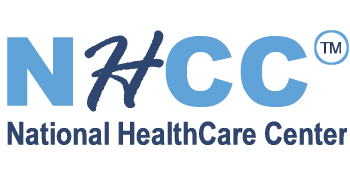Genetic Testing
You can’t control your genes from birth. However, you can take control of how they affect your life.
Through genetic testing, you can get insights showing you the overall picture of your health.

Genetic Insights
At the National HealthCare Center, we’re all about genetic insights obtained from actual science and data that help uncover what health risks you may be predisposed to due to your genes.

Top of the Line Technology
We leverage the latest laboratory technologies to deliver a comprehensive suite of genetic tests to help uncover your health risk factors.

Highly Trained Scientists
Our highly trained genomic scientists and counselors will use the results to help you make better-informed health decisions.

CLIA-Certified Facility
Our Next Generation Sequencing (NGS) based screening, performed at our state-of-the-art, CLIA-certified facility, helps discover mutations in your genes that put you at a higher risk of developing hereditary health conditions. Such as cancer, heart disease, and others.
NHCC – Genetic Testing
Who should get tested?
Genetic counseling may not be for everyone. In most cases, you may need genetic counseling if you fall into any of the following groups:
- People with a family history of hereditary health conditions like cancer or heart disease
- People of Ashkenazi Jewish ancestry or other ethnicities are at risk
Your family’s cancer history may include some seemingly distant cancer cases, leading to a mistaken belief that the cancers are unrelated and not hereditary. However, gene mutations can often result in cancers that appear unique.
So, if any of your family members, however distant, has a cancer diagnosis, it’s likely you may have inherited a gene mutation, increasing both you and your offspring’s risk of developing cancer.
If you suspect that you or someone you know falls into any of the above groups, you may want to discuss genetic testing with the specialists at the National HealthCare Center.
Why You Should Get Tested
People who possess hereditary gene mutations may be at risk of developing cancer or heart diseases earlier in life than others.

Common Examples of Hereditary Cancer and Syndromes Include:
- Hereditary Breast and Ovarian Cancer (BRCA1, BRCA2)
- Lynch Syndrome (MLH1, MSH2, MSH6)
- Colon Cancer (APC, BMPR1A, EPCAM PMS2, EPCAM)
- Uterine Cancer (MLH1, MSH2, EPCAM, MSH6, PMS2)
- Cowden Syndrome (PTEN)
- Endometrial Cancer (EPCAM, MLH1, MSH2, MSH6)
- Li Fraumeni Syndrome (TP53)

Common Types of Genetic Heart Disease:
- BICUSPID AORTIC VALVE DISEASE,
- CARDIOMYOPATHY, in which your heart muscle becomes enlarged, thick, or stiff. This includes hypertrophic cardiomyopathy, which can cause cardiac arrest in younger people, especially young athletes.
- MARFAN SYNDROME
- ARRHYTHMIA, an irregular heartbeat, including Brugada syndrome, long QT syndrome, and Wolff-Parkinson-White syndrome.
- CARDIAC AMYLOIDOSIS, where your heart builds up protein deposits that make it harder to pump blood.
- LOEYS-DIETZ SYNDROME, a connective tissue disorder that can cause an aortic aneurysm.
Test Results
How Genetic Testing Can Help You
Genetic testing can help doctors determine if you or any member of your family is likely to have certain medical conditions.
If you have high-risk genes, the information from the test results can guide you in making better health choices and lifestyle changes to avoid becoming sick. So the sooner genetic testing is performed, the more likely you can manage the risk appropriately.
Depending on how severe your risk factor is, as detected from the result, our specialists may suggest more aggressive treatment options like a prophylactic surgical intervention.
Book an Appointment
Contact us today at (678) 664-9655 to book an appointment with our specialists.
